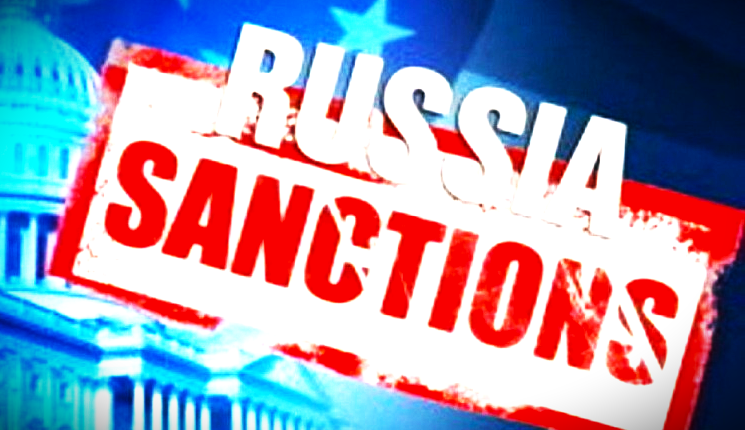Russia’s economic fortress is showing fresh signs of strain as its largest steel producer, NLMK Group, reels from a dramatic collapse in profits, a staggering 42% year-over-year drop. The downturn not only threatens one of the country’s industrial cornerstones but also intensifies the economic headaches for President Vladimir Putin amid ongoing geopolitical and military pressures.
According to newly released data, NLMK’s net profit plummeted to £1.1 billion in 2024 despite a 5% rise in revenue to £9.1 billion. The paradox of rising sales income coupled with falling profits underscores a deepening efficiency crisis within the Russian industrial sector. Production dropped by 2.1%, amounting to 14.3 million tons (excluding long products), while sales slid 1.6% to 15 million tons.
The slump is attributed to weakening domestic demand, particularly from the construction and energy sectors both traditionally strong pillars of Russia’s internal consumption. “The decline in indicators reflects general trends in the development of the metallurgical sector and related industries,” the company reported.
But the economic malaise may be deeper than just a market correction. On the night of February 13, a suspected Ukrainian drone strike targeted NLMK’s flagship mill in Lipetsk Oblast, a strategic facility responsible for 80% of the company’s output. Though the extent of the damage remains unclear, the attack highlights the vulnerability of Russia’s industrial heartland, situated just 400 kilometers from the Ukrainian border.
This facility, and the company itself, are deeply tied to Vladimir Lisin, Russia’s third-richest man in 2023 whose financial empire straddles both East and West. Despite his firms supplying steel across Europe, including to plants in Belgium, Lisin remains notably absent from EU sanctions lists. Investigations by Ukrainska Pravda and The Kyiv Independent suggest his operations continue to profit from European markets while contributing to Russia’s war economy, a duality that raises uncomfortable questions for EU policymakers.
In 2024 alone, NLMK’s Belgium plants in La Louvière and Clabecq imported €1.3 billion worth of semi-finished Russian steel slabs, per Eurostat data. This economic entanglement has prompted renewed calls for a reevaluation of Europe’s sanction strategy especially as Ukrainian cities remain under siege from Russian missiles made with components potentially derived from these very materials.
For Putin, the timing couldn’t be worse. As military expenditures surge and sanctions deepen, the Russian economy is increasingly reliant on a shrinking number of functional industrial giants. With NLMK faltering and foreign markets beginning to scrutinize their complicity, the Kremlin is now confronting an uncomfortable truth: steel might no longer be the unbreakable symbol of Russian resilience.
In a war of attrition, economic durability matters just as much as military might and for Russia, the cracks are beginning to show.




